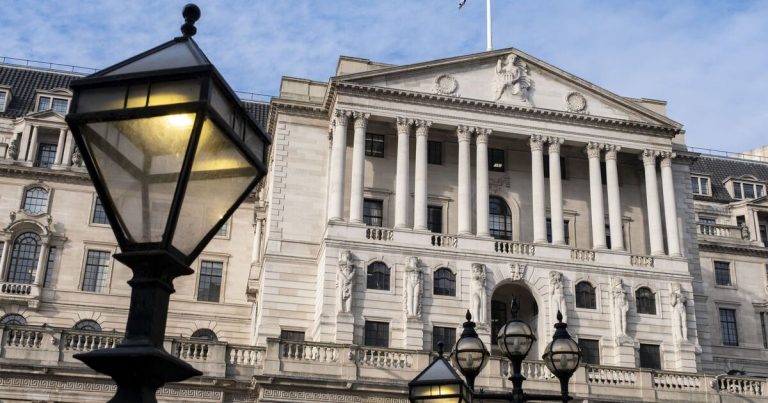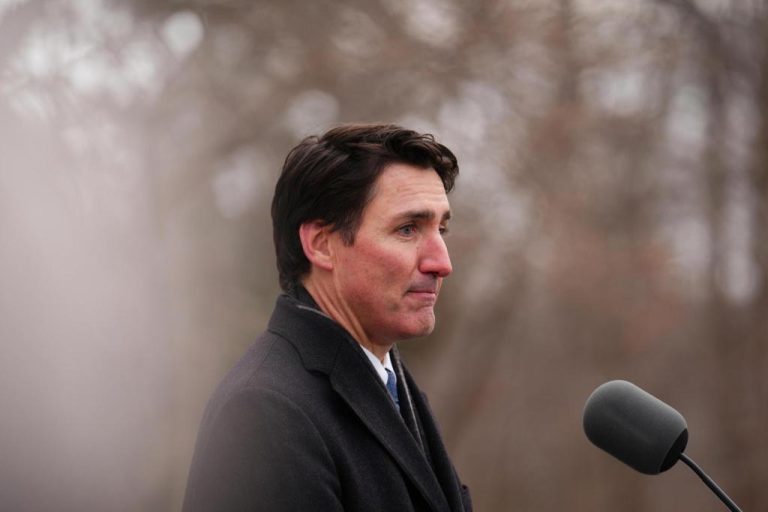
The cost of a traditional Christmas dinner for four is up by just 1.3 percent on last year to £31.71, well below overall grocery price inflation, according to latest figures.
In positive news for budget-conscious consumers, competition among supermarkets has led to price decreases for a number of festive items. For instance, brussels sprouts are now 4.3 percent cheaper than they were 12 months ago, according to analysts at Kantar.
Christmas pudding is 2.4 percent cheaper than last December, while sparkling wine costs 5.9 percent less on average.
Overall, grocery inflation slowed again in November to 9.1 percent, down from October’s 9.7 percent.
Take-home supermarket sales are projected to exceed £13billion for the first time ever this December, with Friday, December 22, anticipated to be the busiest day for festive grocery shopping.
Fraser McKevitt, head of retail and consumer insight at Kantar, said: “The scene is set for record-breaking spend through the supermarket tills this Christmas.
“The festive period is always a bumper one for the grocers, with consumers buying on average 10 percent more items than in a typical month. Some of the increase, of course, will also be driven by the ongoing price inflation we’ve seen this year.”
During the latest period, customer spending on offers reached its highest level in over two years at 28.4 percent.
Brands experienced the most significant boost, increasing sales by 6.5 percent, compared to 6.4 percent for retailers’ own-brand lines.
Mr McKevitt added: “The amount of money spent on deals usually leaps in the run-up to Christmas, but this year is already looking a bit different.
“We’re well above 2022 levels, with customers making an additional £180million in savings this November versus 12 months ago.”
Lidl was again the fastest-growing grocer, boosting sales by 14.2 percent over the 12 weeks to November 26 to take a record-high market share of 7.8 percent.
Sainsbury’s delivered its largest market share gain in over a decade this November, taking an additional 0.4 percent to reach 15.6 percent. According to Kantar, the last time it made this big a jump was in March 2013.
Meanwhile, Tesco managed to increase its market share to 27.5 percent following a growth in sales of 8.6 percent, marking the fifth month in a row that Britain’s largest retailer has made gains.






